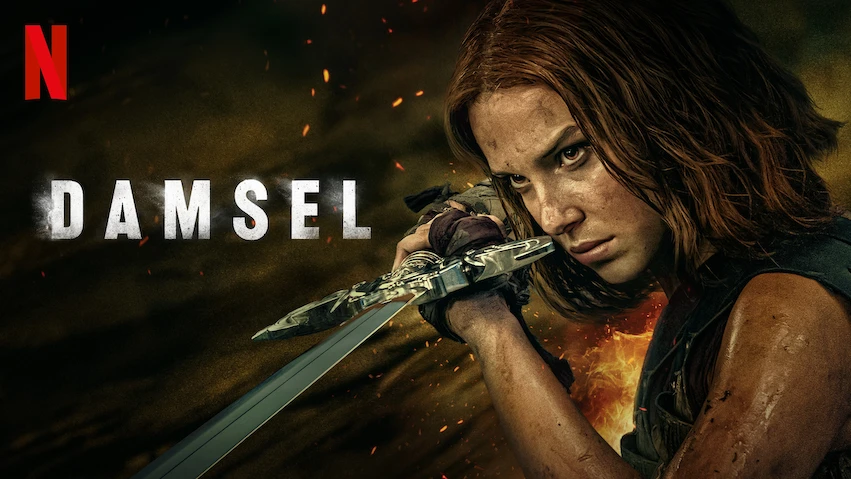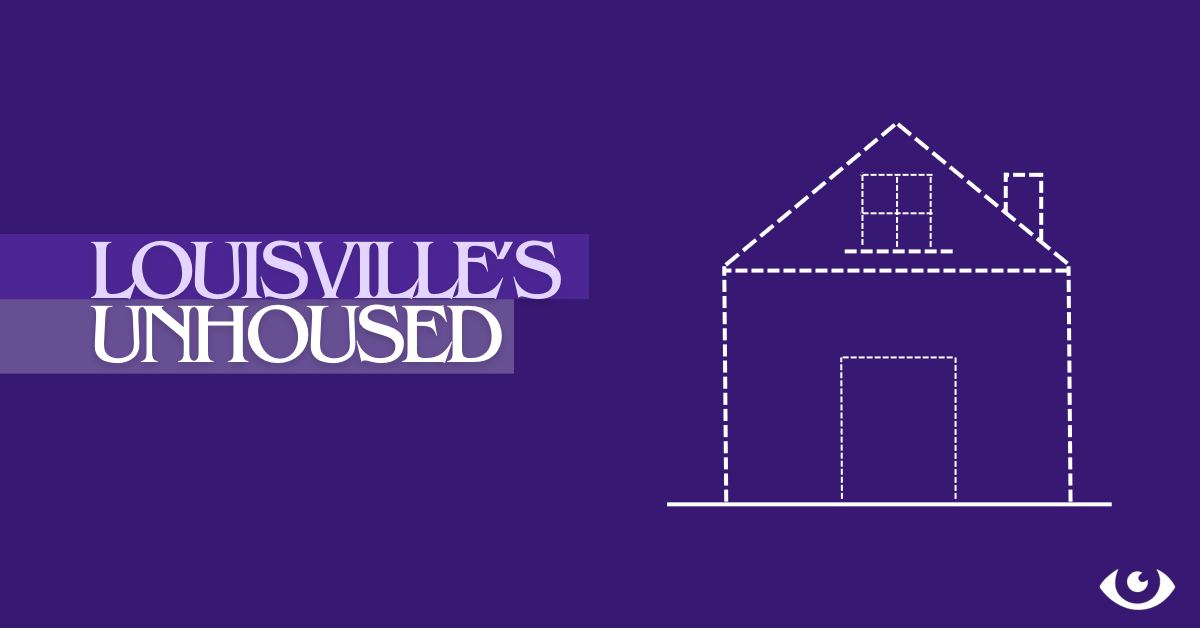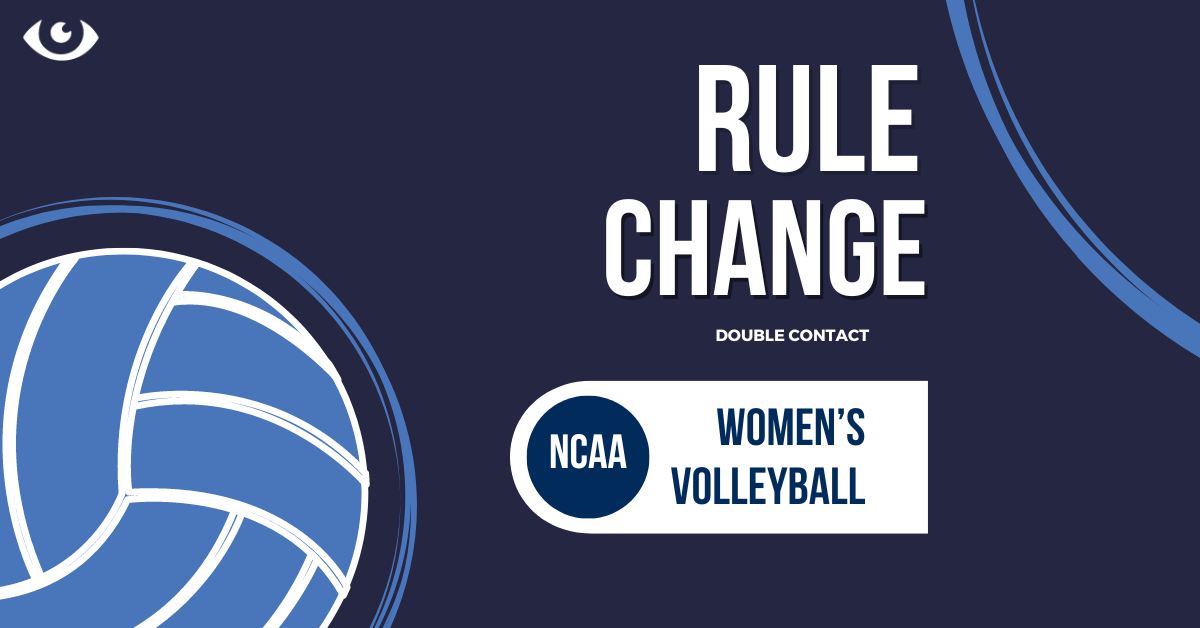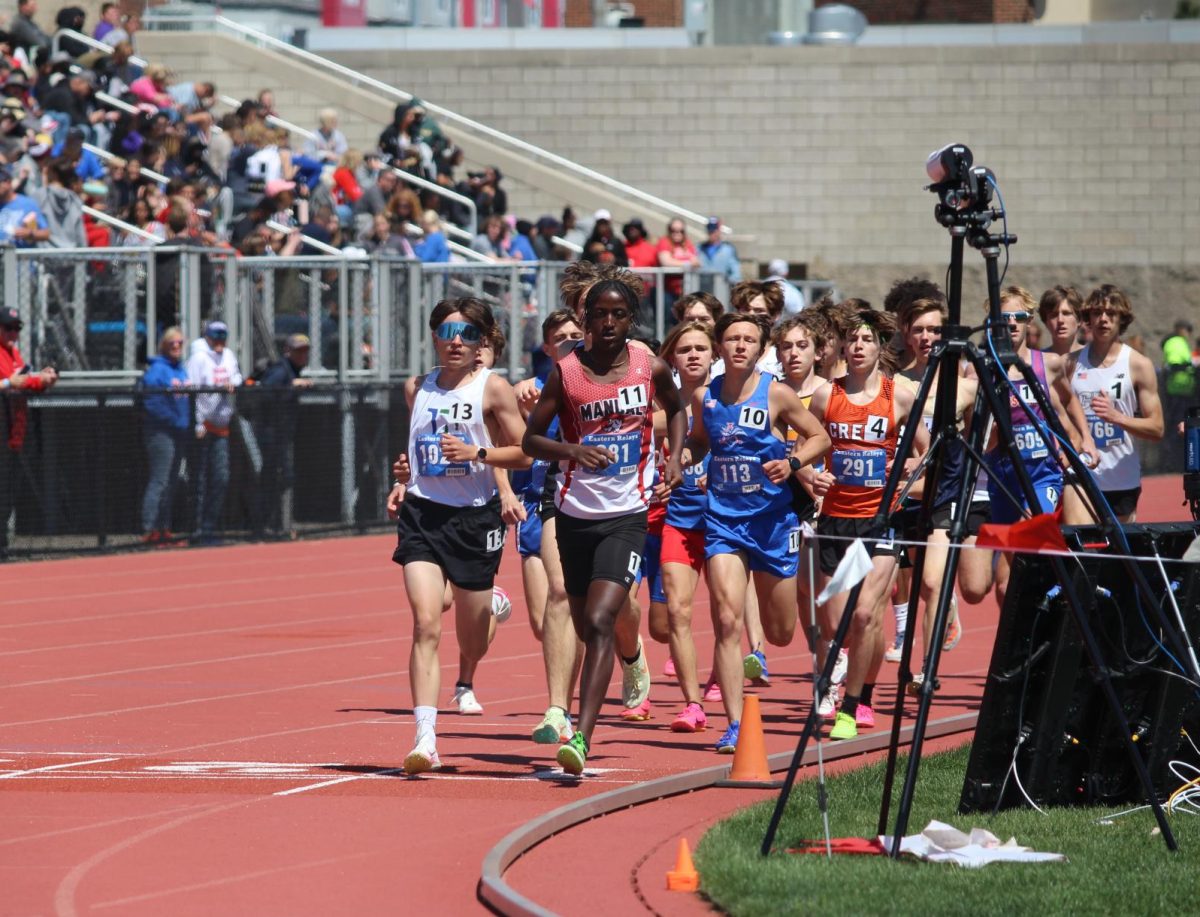The UK vs UL Final Four show down this Saturday is not as important as the Superbowl. It’s not as big as the NBA finals, the World Series, or the World Cup.
But don’t tell that to someone in Lexington or downtown Louisville. Don’t tell it to the UK students burning furniture in the street. Don’t tell it to the kidney failure patients at the Georgetown dialysis center that got into a fist fight over the game. To them, this game means everything. It means history. It means politics. It means life.
To the rest of the nation, this game represents a contrast in coaching style. Kentucky goes to unprecedented levels to get the very best talent out of high school, and as a result, are accused of making a business out of one-and-dones. UL, on the other hand, gets mediocre talent out of high school and relies on maturation to make them great players by their final years. The outcome of this game will reveal the inherent weaknesses in one of the strategies. It’s an important game, from a basketball standpoint, for this reason. But for the citizens of Kentucky, this game has implications that go beyond the sport itself.
This game transcends the mere intricacies and fundamentals of basketball and deals with the livelihoods of millions across the state. People who work long, hard, mundane hours to come home and live vicariously through their sports heroes. This is not just an average rivalry game. This is a 99-year-old battle that crosses cultural, racial, and sometimes religious lines. It’s a battle that represents a stark contrast between culture, coaching style and even politics.
“The main distinction between this and other rivalries that I’d draw is that fandom often is about identity but rarely is it about identity politics. And there’s a lot of the latter in the UK-UL rivalry. It’s sort of European in that sense; think of the Old Firm (Rangers/Celtic) soccer rivalry in Glasgow,” said Robert LeVertis Bell, University of Michigan graduate student and Ph.D candidate in American Culture.
Based on The Courier-Journal’s Bluegrass Poll, which was conducted in February 2005, 67% of fans in the state were UK supporters. But despite many misconceptions, Louisville was not split 50/50 between UL and UK. In the same poll, it showed that 57% of the city was UL fans while just 33% supported UK. This steep difference in support helps explain many of the sociopolitical, demographic differences between the two teams. Louisville has a 33% Black population; Kentucky as a whole has just 7%. Louisville is estimated to have around 8,700 Jews, while the entire state is estimated to have just 11,300. Louisville was the only city in Kentucky that President Obama won in the 2008 elections.
Historically, UK is known for a rich tradition of basketball success, but is also tinged with shameful racism (not allowing a black player to wear a Kentucky uniform until 1969). They represent the rural majority of Kentucky, and the conservative, evangelical constituents. While UL, on the other hand, is known for being the urban, progressive school who’s labeled as the jealous baby brother.
The video “How To Be a Louisville Fan” is a perfect example of how UK fans perceive UL fans. The Kentucky fans in the video are clearly mocking UL fans for being too urban, mentioning sagging pants, tattoos and flat-bill hats as characteristics of all UL supporters.
Similarly, this Louisville fan-made poster casts Kentucky as the giant evil super power, and Louisville as the smaller, improbable savior. It reinforces the idea that even Louisville fans see themselves as the underdogs to the bigger state rival, Kentucky.
While many of these characterizations may not be entirely true, it’s irrelevant, because it’s true to the people of the state. And the average people, not the players, are what makes this rivalry so unique.
In this state, we don’t ask if you’re a Democrat or a Republican, a Protestant or Catholic; we ask if you’re a UK or UL fan. The answer seems to mean more. It’s a way of identifying people. The second you declare your loyalty to one team, a thousand stereotypes associated with the team and its history are associated with you. It’s broken friendships and created black eyes. It’s sparked more debates than a presidential election. There’s a reason why people are calling this game “The Civil War”.






